Humans
-
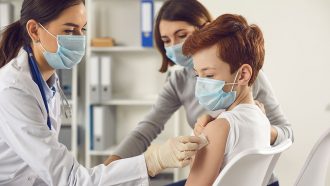 Health & Medicine
Health & MedicineWill we all need COVID-19 booster shots?
Experts say not yet, but booster vaccines may be coming as new SARS-CoV-2 virus variants keep emerging.
-
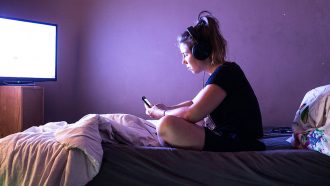 Tech
TechSleep-friendlier lighting is on the way
Chemists have created a new glowing material for LEDs. It should lessen how much near-bedtime lighting impairs your ability to nod off.
By Manasee Wagh -
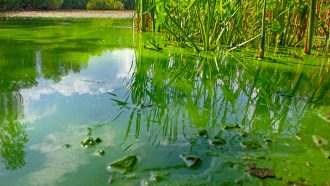 Environment
EnvironmentPond scum can release a paralyzing pollutant into the air
New study finds blooms of blue-green algae can seed the air with a poisonous pollutant.
-
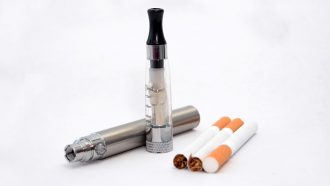 Health & Medicine
Health & MedicineScientists Say: Nicotine
Nicotine is an addictive substance found in tobacco plants. It's what makes it so difficult to quit smoking or vaping.
-
 Health & Medicine
Health & MedicineWarning: Wildfires might make you itch
Western wildfires are on the rise due to climate change and land use. Now a study adds eczema to the list of health risks that smoke might trigger.
-
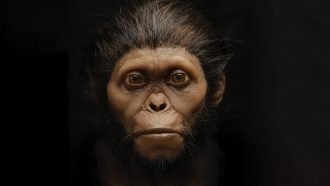 Humans
HumansHow scientists can get a better picture of our extinct relatives
Facial reconstructions of extinct species have historically been more art than science. Some researchers hope to change that.
-
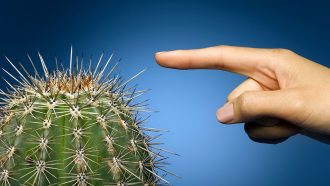 Brain
BrainLet’s learn about touch
Most senses are concentrated around your head. But touch all over your body, and you need every inch.
-
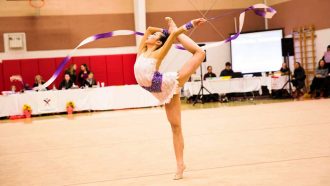 Computing
ComputingWill this smartphone app become your exercise coach?
When one teen couldn’t go to the gym, she invented an app to bring her gymnastics coach to her home. She succeeded and won a major award for it.
-
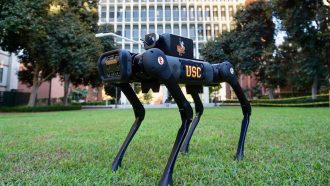 Tech
TechNew robots can clean virus-laden surfaces so people won’t have to
Smart and nimble cleaning robots will soon help disinfect spaces. They twist and bend to hit hard-to-reach spaces with UV light or cleansing sprays.
-
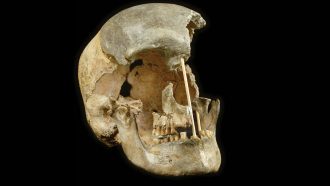 Genetics
GeneticsEurope’s ancient humans often hooked up with Neandertals
DNA from ancient bones shows humans and Neandertals were regularly mixing genes by about 45,000 years ago.
By Bruce Bower -
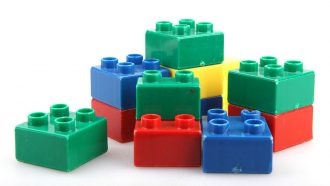 Psychology
PsychologyMost people will add something — even when subtracting makes more sense
People default to adding when solving puzzles and problems, even when subtracting works better. That could underlie some modern-day excesses.
By Sujata Gupta -
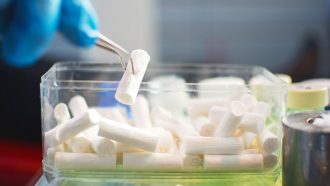 Health & Medicine
Health & MedicineSimpler, easier COVID-19 test developed with kids in mind
Designed by moms, it avoids any need to stick an uncomfortable swab up the nose. Instead, people just swish a dental roll around their mouths.